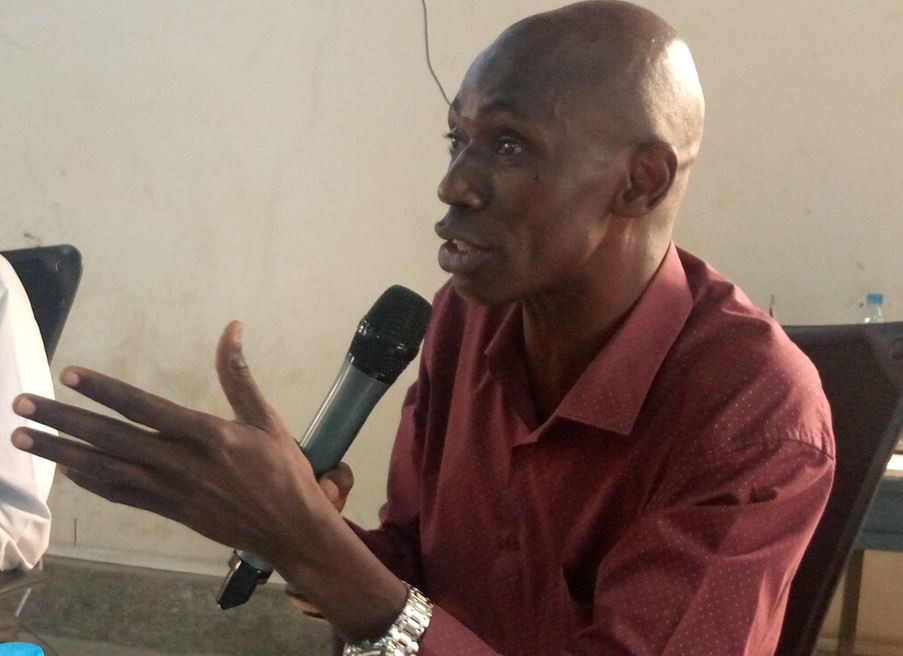World Bank gives a thump up on livelihood projects in South Sudan

The World Bank is currently supporting “resilient” agriculture and livestock projects in South Sudan at a tune of a $100 million.
The World Bank said they are satisfied with the performance of some of the projects the global lender is funding in the country.
The bank’s vice president for Southern and Eastern Africa, Victoria Kwakwa, gave a thumbs up to the work being done by various UN agencies, such as the Food and Agriculture Organization (FAO) and the World Food Programme (WFP).
She was speaking upon returning from Jonglei where she toured various projects.
Kwakwa who is currently in Juba, attributed the achievements to the importance of strong partnerships the World Bank has with the government of South Sudan and the development partners in mapping out the areas of intervention in the country.
“I come away with a strong sense of what a little bit of resources can do with the determination and ownership of the communities themselves, that a little external support goes a long way to change things and to change the living standards of people,” said Kwakwa.
She was accompanied to Jonglei by Minister of Finance and Planning, Dior Tong Ngor, Onyoti Adigo, Minister of Animal Production and Fisheries, and Josephine Lagu, Minister of Agriculture and Food Security.
The sites the delegation visited include an access road project for the community in Anyidi Payam, a vegetable farm in Malek, a dry food project, and a milk project.
“The places that we visited and the interactions that we had indicated that these projects are really providing livelihood to our people. We were encouraged by the effort and commitment to continue with those projects”.
A crop assessment report for 2022 has shown that agricultural production has increased in the country. This, Lagu said, is mainly due to people returning home to cultivate.
The FAO, with the support of the World Bank, has set aside a $100 million budget for “resilient agriculture and livestock projects” in five states of South Sudan.
The project is aimed at boosting agricultural production.
Meshack Malo, FAO’s country representative in South Sudan, said the country needs 1.4 million metric tons of food to be food secure.
At the moment, Malo added, the country only produces about 900,000 metric tons of cereal.
“This project is going to encourage people to work in groups, and so the formation of groups is going to be very important.”
The project that was launched last year will run for three years, according to Malo and it will be extended to the rest of the states and the three administrative areas if resources allow.
Utilities
South Sudan requires at least 1.4 metric ton of food, per year, to be food resilient.


